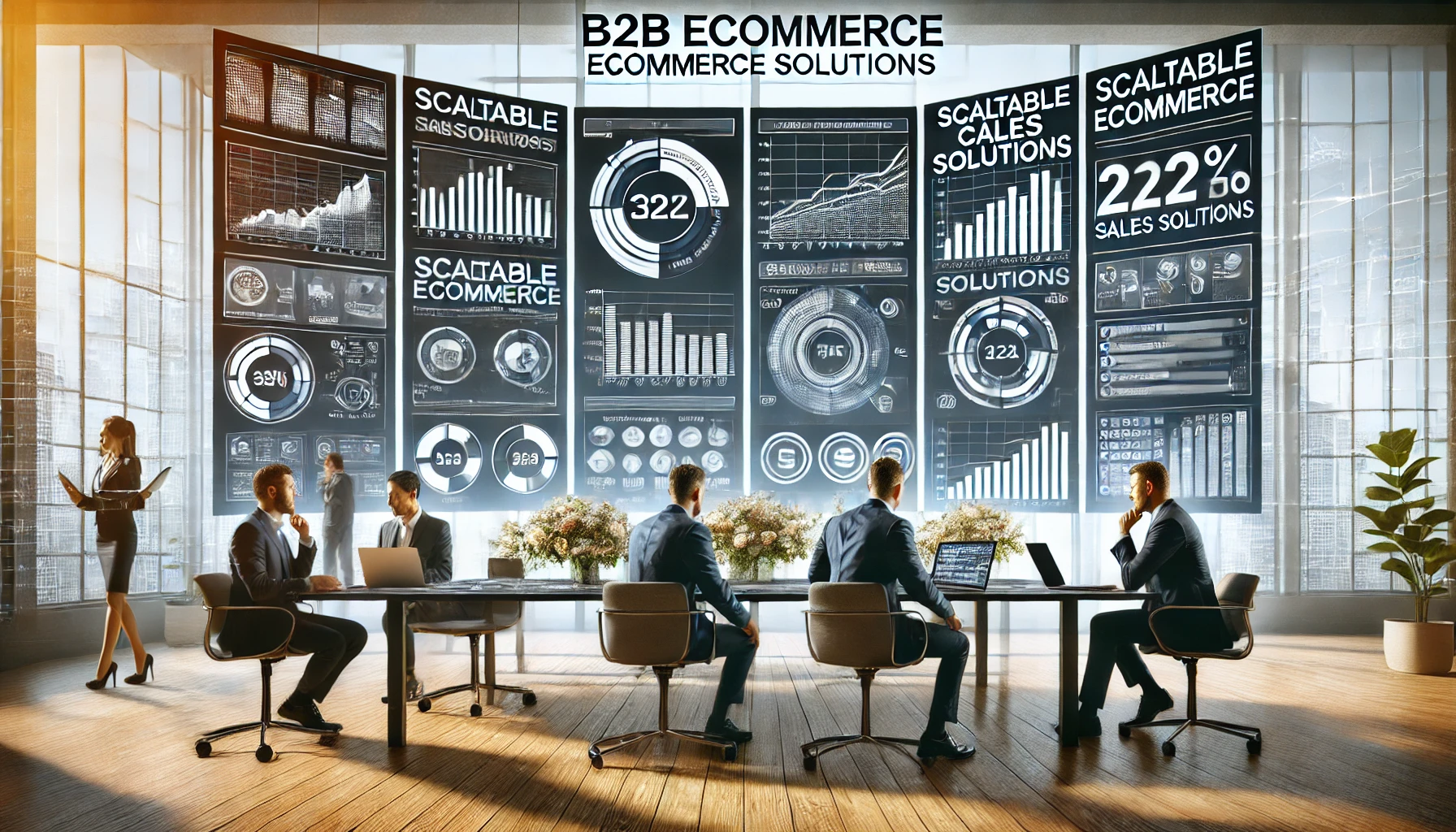Enhance your B2B sales with scalable B2B ecommerce solutions designed to optimize operations, increase efficiency, and drive growth. Discover the power of seamless, robust technology for your business.
In the fast-paced world of business-to-business (B2B) sales, staying ahead requires more than just offering a quality product or service. Companies need to adopt robust ecommerce solutions that not only streamline the sales process but also scale with their growing needs. Here’s how embracing scalable ecommerce platforms can revolutionize your B2B sales strategy.
Understanding the B2B Ecommerce Landscape
B2B ecommerce differs significantly from B2C (business-to-consumer) models. B2B transactions often involve complex buying processes, larger order volumes, and the need for personalized pricing and contracts. As such, the ecommerce solutions tailored for B2B must accommodate these complexities while offering a seamless user experience.
The Importance of Scalability
1. Handling Increased Demand: A scalable ecommerce platform can manage increased traffic and order volumes without compromising performance. This ensures your business can handle peak sales periods and expand into new markets effortlessly.
2. Personalized Customer Experience: As your customer base grows, scalable solutions allow for the customization of experiences based on customer needs. This includes personalized catalogs, pricing, and recommendations, which are crucial for maintaining strong customer relationships.
3. Integration Capabilities: Robust platforms integrate seamlessly with existing systems such as Customer Relationship Management (CRM), Enterprise Resource Planning (ERP), and inventory management. This integration ensures a unified data flow, enhancing efficiency and decision-making.
Key Features of Robust B2B Ecommerce Solutions
1. Advanced Analytics: Leverage data analytics to gain insights into customer behavior, sales trends, and market demands. This data-driven approach helps in making informed business decisions and optimizing sales strategies.
2. Mobile Optimization: With an increasing number of B2B buyers using mobile devices for research and purchasing, a mobile-optimized platform ensures accessibility and convenience, boosting customer satisfaction.
3. Automation: Automating routine processes like order management, invoicing, and customer support reduces manual effort, minimizes errors, and allows your sales team to focus on strategic activities.
Choosing the Right Ecommerce Solution
When selecting an ecommerce platform for your B2B business, consider factors such as scalability, integration capabilities, customization options, and support services. Collaborate with technology partners who understand your industry and can tailor solutions to meet your specific needs.
#b2b #b2becommerce #b2becommerceservices #b2becommercesolutions #ecommerce #business

